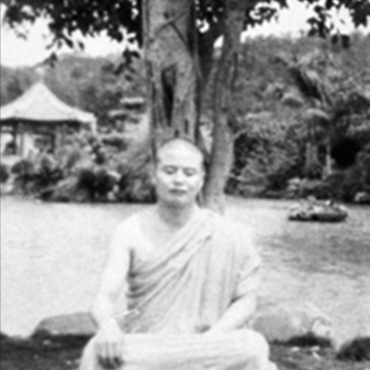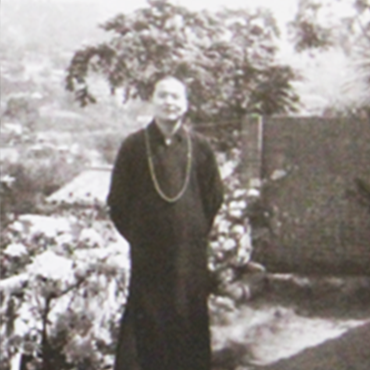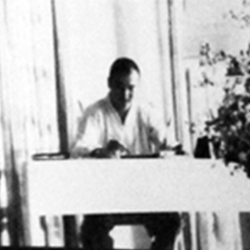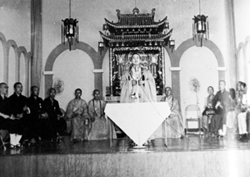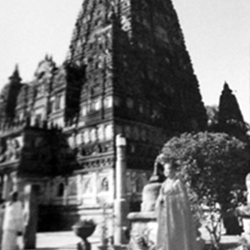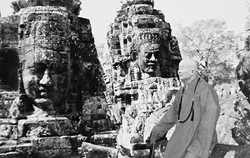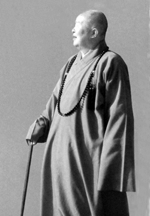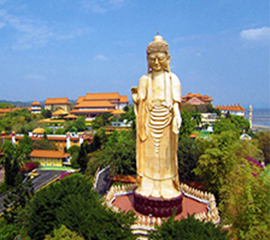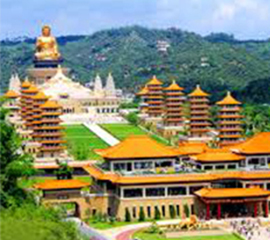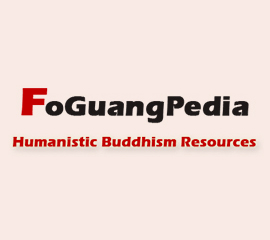Venerable Master Hsing Yun Stages of Life
The First 10 Years: Growing Up (Age 1 to 10)
1. Born in a rural village, the poverty of his family and influence of his maternal grandmother helped him nurture a compassionate and hardworking nature.
2. Being Hardworking: He would tidy up the house while his family was out to work, hoping to give his parents a pleasant surprise when they got home. His experiences in boiling water, cooking meals,chopping woods, herding cattles, ploughing fields and so on, enabled him to focus on being practical rather than theoretical.
3. Being Compassionate: Venerable Master's maternal grandmother was a pious and devoted Buddhist who had a compassionate heart. Being influenced by her, he never dared to kill a mosquito, a fly, or an ant, and was very loving towards small animals. He once took care of an injured chick until it was able to lay eggs. Injured pigeons and squirrels could often be found inside the Founding Master's House up at Fo Guang Shan. The number of animals that have been taken care by him over the past thirty years is hard to keep count of. Fo Guang Shan went from a place where no birds laid their eggs to today's home to hundreds of birds.
